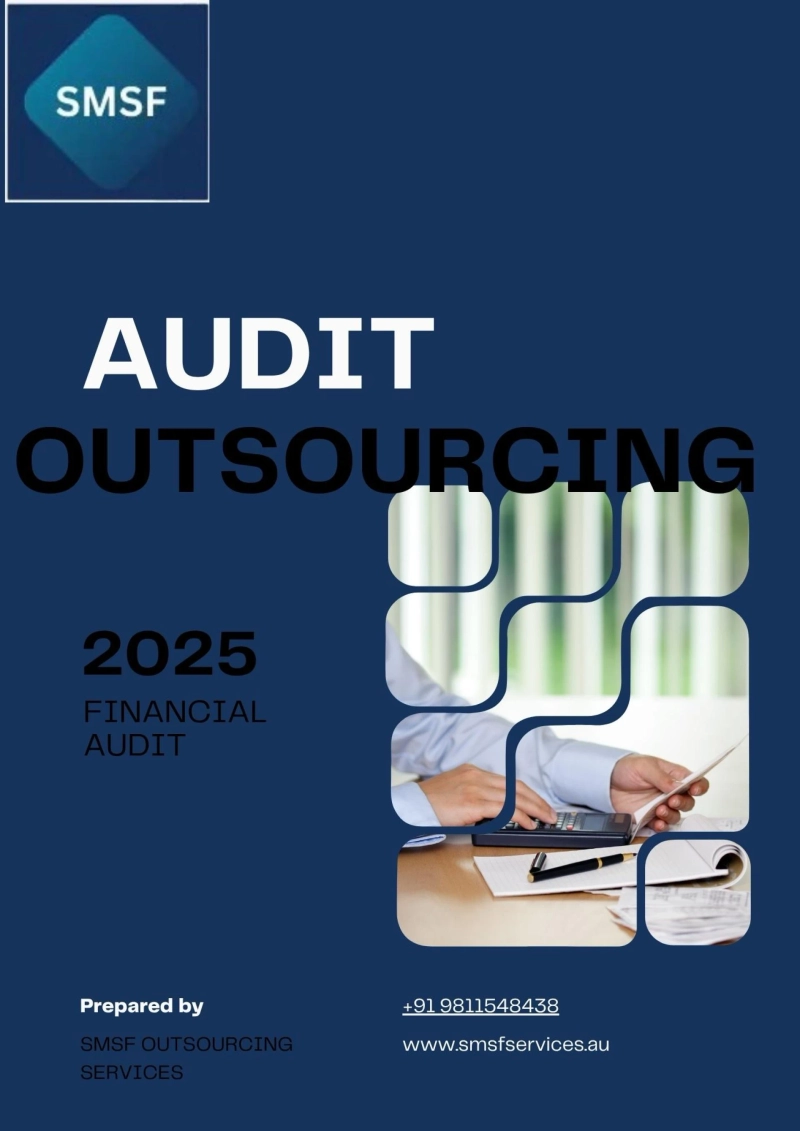In today’s fast-paced financial environment, Australian firms are increasingly turning to audit outsourcing as a strategic solution to improve efficiency, compliance, and cost-effectiveness. With rising regulatory pressures and talent shortages in the local market, outsourcing audit services has become more than just a trend—it’s a necessity for growth-oriented businesses.
What Is Audit Outsourcing?
Audit outsourcing refers to engaging external specialists to carry out audit functions that were traditionally managed in-house. These external providers often operate with specific industry knowledge, certified auditors, and advanced tools to ensure compliance with Australian accounting standards.
Many Australian businesses use audit outsourcing services to maintain independence, meet deadlines, and shift internal focus to core business priorities.
Why More Australian Firms Are Embracing Audit Outsourcing
Here are the key drivers behind the rise of audit outsourcing across Australia:
1. Increasing Regulatory Complexity
With updates from the Australian Securities and Investments Commission (ASIC) and the Australian Auditing and Assurance Standards Board (AUASB), regulatory compliance requires dedicated expertise. Outsourced teams are typically well-versed in these changes and ready to adapt.
2. Cost Efficiency and Resource Allocation
Outsourcing helps reduce the need for full-time audit staff, saving firms on recruitment, salaries, and training. The fixed-fee model offered by most smsf audit providers brings predictability to budgeting.
3. Independent and Objective Audits
Independence is essential for audit credibility. Third-party providers deliver impartial assessments and reduce conflict-of-interest risks for firms offering other financial services.
4. Faster Turnarounds
Outsourcing partners often offer competitive turnaround times with structured service-level agreements. This ensures compliance reporting stays on schedule.
Key Advantages of Outsourcing Audit Services
Engaging a trusted partner for outsourcing audit services offers multiple benefits:
- Specialised Expertise: Access to certified auditors familiar with local and international standards.
- Scalable Solutions: Flexible support during peak periods like EOFY.
- Focus on Core Business: Free up internal teams to focus on growth, advisory, and strategic roles.
- Technology-Driven Efficiency: Modern platforms streamline communication, file sharing, and audit documentation.
Risks and How to Mitigate Them
Despite the benefits, there are risks involved in audit outsourcing. These include data security concerns, misalignment of timelines, and communication gaps. Here’s how firms can mitigate them:
- Due Diligence: Vet providers for ASIC registration, experience, and client references.
- Clear Contracts: Set transparent expectations on scope, timelines, and deliverables.
- Regular Communication: Weekly or monthly check-ins help maintain alignment.
- Robust Data Security: Ensure your provider has ISO-certified security systems or data compliance protocols like Australian Privacy Principles (APPs).
Case Snapshot: Mid-Sized Accounting Firm in Sydney
A Sydney-based accounting firm with 200+ clients began outsourcing audit services in 2023 to manage a growing backlog. After six months of collaboration, the firm reported:
- A 25% increase in audit completion rates
- 18% cost savings on in-house audit resources
- Improved client satisfaction due to faster delivery
They now consider audit outsourcing a core part of their operational model.
Who Should Consider Audit Outsourcing?
The model suits a wide range of businesses, including:
- Accounting firms needing seasonal audit help
- SMEs without full-time internal audit teams
- Listed companies seeking independent oversight
- Not-for-profits looking to cut overhead costs
If audit backlogs, staffing challenges, or rising compliance costs are on your radar, it may be time to explore audit outsourcing options.


